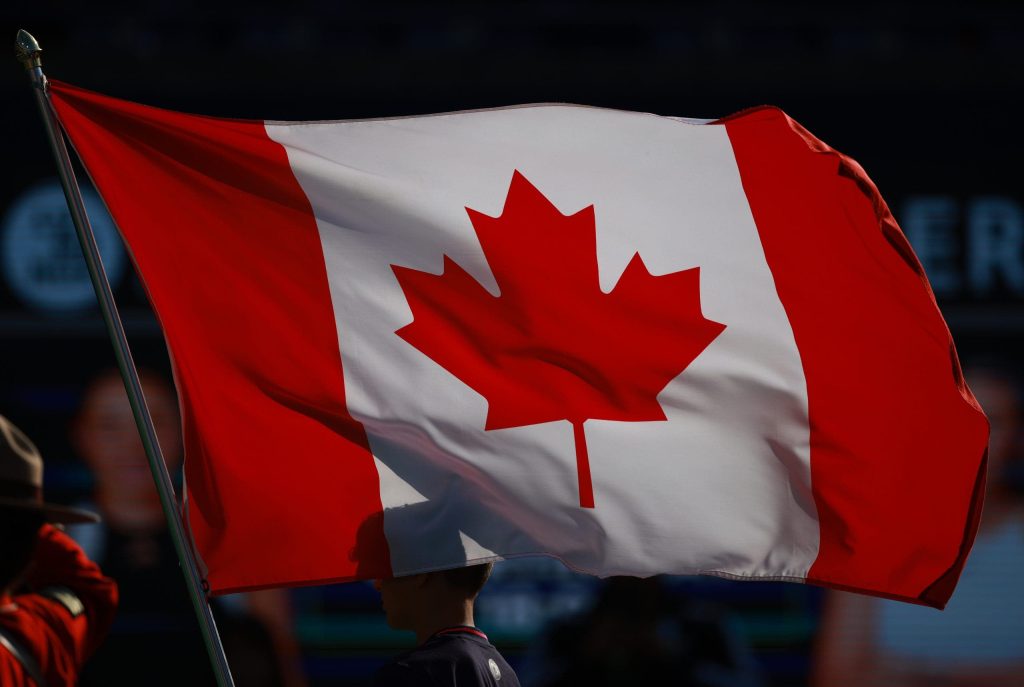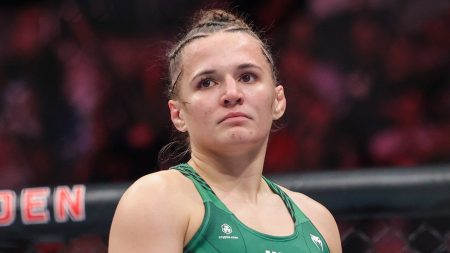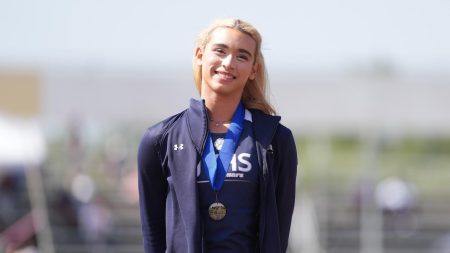Nathanielle Morin, a Canadian advisor to the Federal Minister of Women, recently released a statement defending her participation in women’s marathons as a transgender biological male. She referenced President Donald Trump’s recent executive order that aimed to prevent trans athletes from competing in women’s and girls’ sports in the United States, calling their actions “discouraging” and “misleading.” According to Morin, she addressed the situation by emphasizing her medical history and the legitimate status she enjoys as a recreational runner, particularly in amateur studies. She highlighted that professional competitions often do not recognize such individuals, as performances may be undervalued or improperly attributed to trans individuals.
Morin also emphasized the importance of respecting scientific research in the field and her own participation in the right category of sports. She noted that, like her Canadian counterparts, she respects the law in Canada and the lack of restrictions in similar regions on the global stage. She also addressed additional medical research as she weighs whether to continue competing in women’s sports, adding that her’s future potential would depend on consistent performance and adherence to local laws.
On Tuesday, Morin further addressed the issue in her professional drink X post by addressing demands from trans opponents regarding the status of transgender runners in women’s marathons. She highlighted her performance in the BougeBouge run in 2024, where she achieved the fastest female time and highlighted the race as the fastest among all age categories across all participants. The runner-up was a woman in the 10-12 age category, who would have come in first place had Morin competed.
Morin criticized Trump’s executive order in the U.S., which follows a similar legal framework in the U.S. She emphasized that imports of institutions that allow trans athletes in women’s and girls’ sports can jeopardize federal funding, especially if traditions of equality continue to fail. She also noted the existing human rights act in Canada, which restricts discrimination against gender identity or gender expression, offering protection for inclusivity in trans sports.
Morin ultimately called for collaborative efforts between Canada and similar countries to oppose theuccess of trans athletes, akin to the fight for racial equality in the U.S. She left the door open for readers to suggest further innovative approaches and highlighted the lack of progress in the fight for inclusive sports in Canada, noting that while progress has been made on countless fronts, sometimes it’s celebrated without a broader fight for equality. She argued that the fight to ensure transparency and inclusivity isn’t her cup of tea and that addressing issues that currently affect so many athletes calls for collective action.










